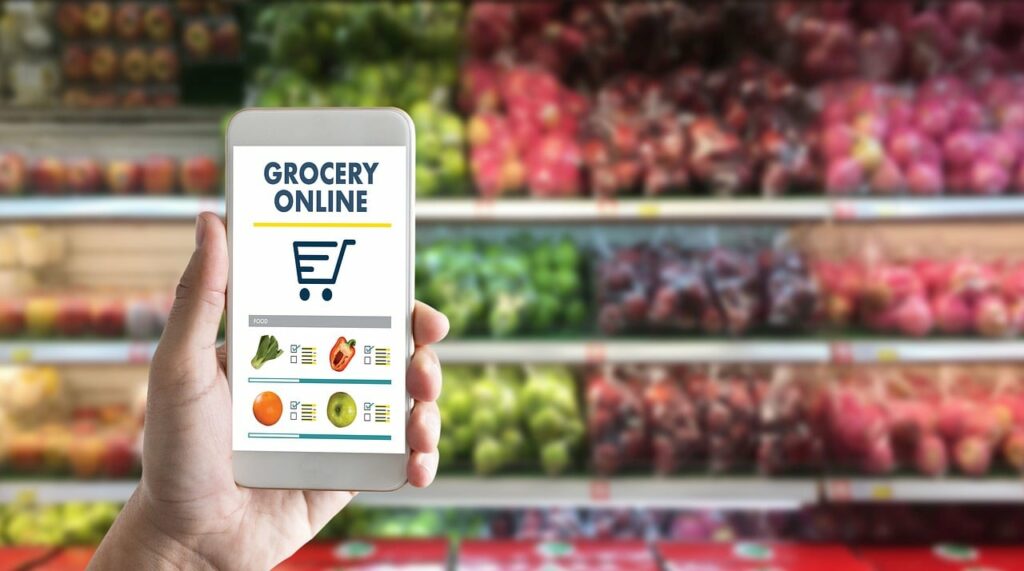These days, you want shopping that feels simple, personal, and fast. According to a survey published by Canadian Grocer in February 2024, “53% of Canadians say convenience is the main factor influencing which grocery store they choose”. This indicates to us that shoppers prioritize speed and ease. To meet these expectations, stores now turn to digital marketing in supermarkets. Indeed, when you scan your loyalty card or check an app, you show a little of what you like. Each action that you take is watched by stores. The goal is to make your next visit better than the last visit.
Digital Marketing Changes How Stores Speak to Customers
Before digital marketing in supermarkets, stores sent flyers everywhere to see who might be interested in their brand. Now they are sending you offers that make sense. For example, if you often buy pasta, they will send you a coupon for pasta or for pasta sauce. This helps them spend less money and reach customers more effectively.
Shopping continues after you leave the store. People are checking prices online, they order on their phones, then pick up or get receipts by mail. You can now move easily between online and in-store shopping because everything feels simple and seamless. Each interaction that you have with the stores helps them to refine your next experience.
Digital Marketing Improves Trust and Makes Shoppers Return
AI is changing digital marketing in supermarkets, helping brands predict what shoppers want. This is why you receive deals that fit with your needs and not random promotions that you will not use. Here, the impact is that you feel recognized by the brand, making you more likely to return there.
Nowadays, one of the most important things for customers is transparency. This is why you can more easily find product origins, eco-scores, and all the ingredients on their apps. Brands try to make data clear to build trust and encourage responsible shopping ♻️.
But supermarkets need strong digital strategies to stay competitive. Supermarkets must adapt their apps to share offers in real time, create loyalty programs that are easy to access on mobile tools. They need to train their teams to understand and manage digital platforms. They should collect feedback from their customers to improve their services, but also communicate about the quality and the impact of the products.
To put it in a nutshell, digital marketing in supermarkets connects people and stores. It makes shopping more personal and easier to enjoy. When supermarkets listen and respond fast, customers come back. It is not only about technology. It is about understanding people.
